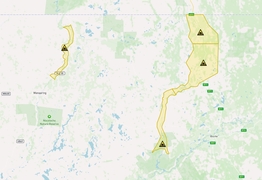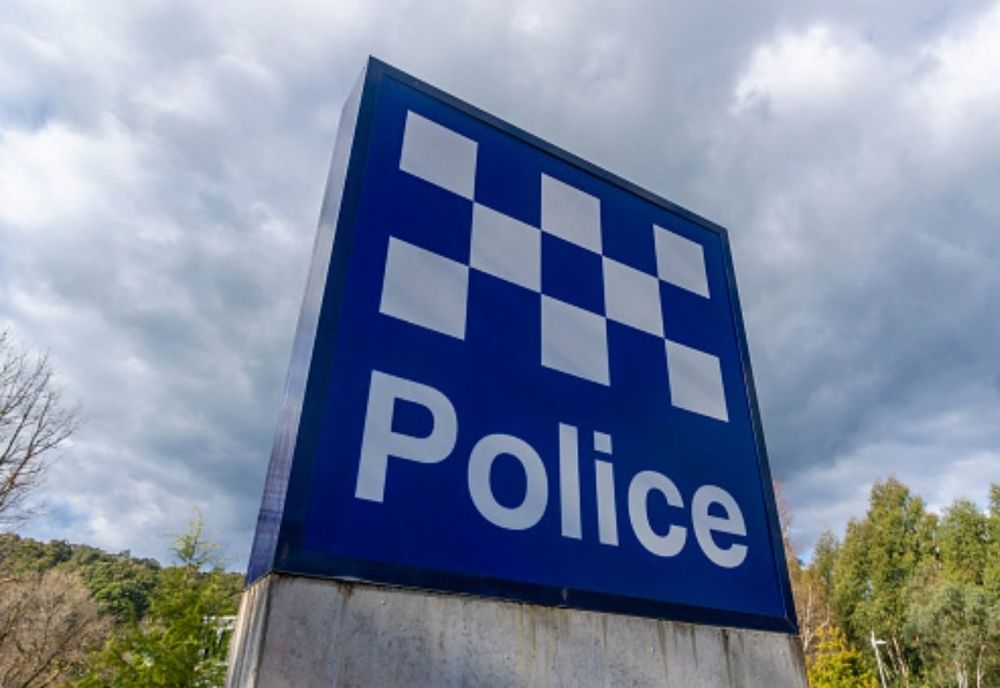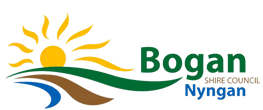CWA launches koala conservation program
Liz Cutts
11 December 2024, 1:30 AM
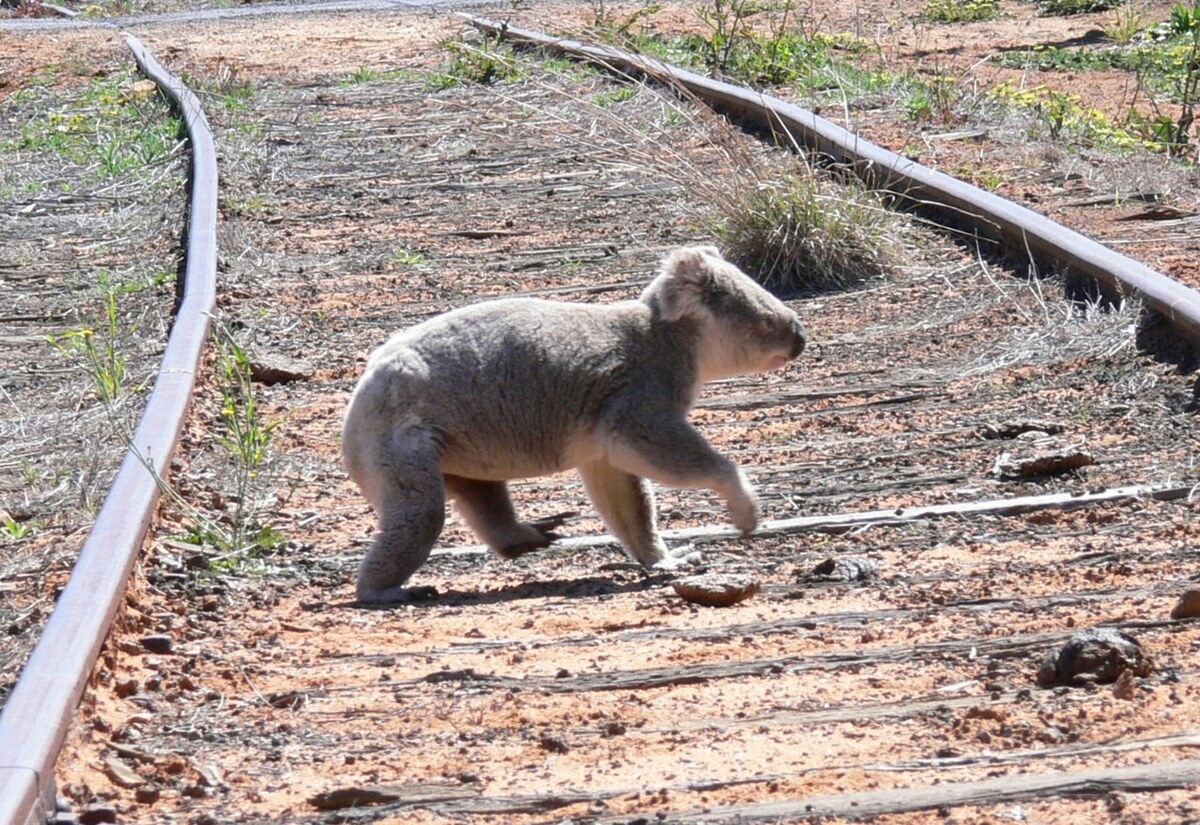
For more than 100 years, the Country Women's Association (CWA) of NSW has tackled significant issues and now they have turned their focus to koala conservation.
The state’s largest rural issues advocacy group has announced the launch of the CWA of NSW Koala Program website.
“This new resource hub offers planning templates, activities, and educational materials designed to help branches plan and implement their own koala conservation events," a CWA spokesperson said.
“Koalas are an iconic part of Australia's wildlife, but they face numerous threats. By organising an event in their local community, members will educate about koala behaviour, habitats, and the challenges they face.
“Members will get training on how to spot and record koala sightings in order to contribute valuable data to conservation efforts. By increasing the reporting of koala sightings, we empower conservationists to protect koalas and their habitats across NSW.
“We are urging the NSW Government to improve and strengthen legislation to safeguard koala habitat and establish habitat corridors to facilitate connectivity between fragmented koala populations essential for promoting genetic diversity and long-term survival.”
CWA members were invited to take part in a short survey to understand their interest in koala conservation and in participating in the conservation campaign. The survey responses have helped to design the conservation campaign activities.
Eighty per cent of survey respondents indicated that they were currently participating in koala conservation activities and 17 per cent participate in other conservation activities that help koalas indirectly. A further 45 per cent of respondents were interested in participating in suitable volunteering opportunities to support Koala conservation.
The organisation is now seeking the active hands-on involvement of members by encouraging them to record their sightings of this threatened species.
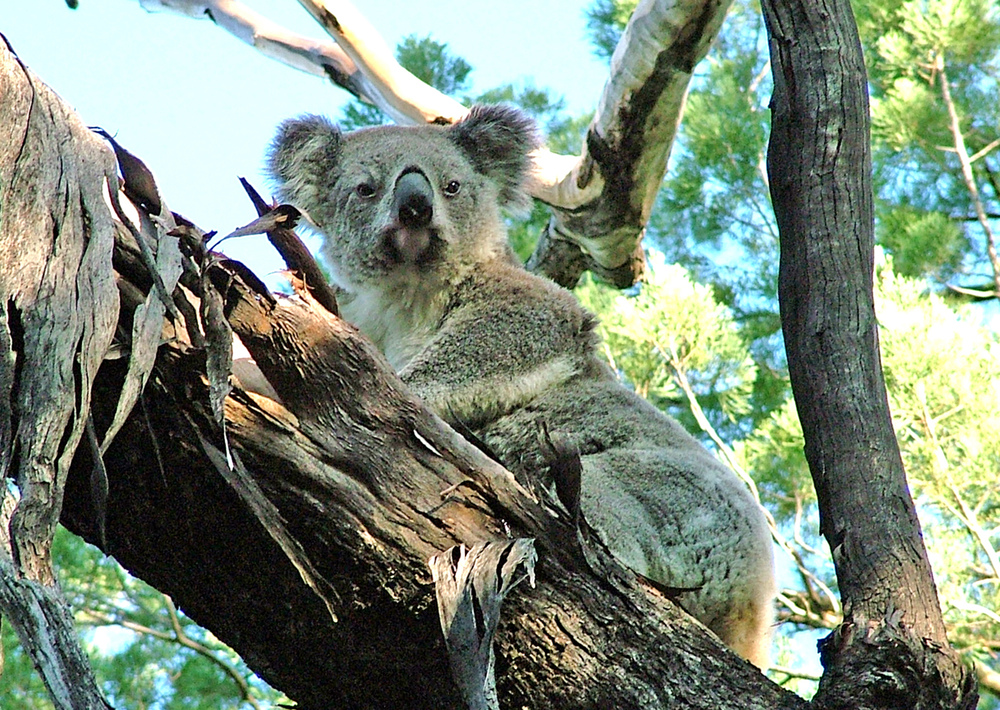
“Data on koala sightings is consolidated through NSW BioNet, a comprehensive repository for biodiversity data. This data is crucial in identifying Areas of Regional Koala Significance (ARKs), enabling targeted conservation efforts," the spokesperson said.
“The I Spy Koala smartphone app is a popular tool that can also be used; it sends all recorded koala observations directly into BioNet.
“We are also asking members to engage with their communities to deliver koala awareness events aimed at supporting koala conservation. So far this year twenty-two community events have been hosted by branches with more planned.
“We believe that the involvement of CWA members in this way can make a real difference in ensuring the future of koalas.”
Coonabarabran wildlife carer and passionate conservationist, Sue Brookhouse is urging people to get behind the CWA koala program.
“Go back 25 years and it would have been hard to imagine the Pilliga Forest and the Warrumbungle National Park without the presence of koalas,” says Ms Brookhouse.
“In the 1990’s the population of koalas in the Pilliga Forest was estimated at 18,000 and recently has declined to such an extent that they are rarely seen.
“Monitoring populations and collection of data is crucial for the survival of the species so every recorded observation is important. If you haven’t the “I Spy Koala app”, the easiest way to record your sighting is to simply go on to Google Maps, press your finger on the location and up will come the latitude/longitude at the top of the screen.
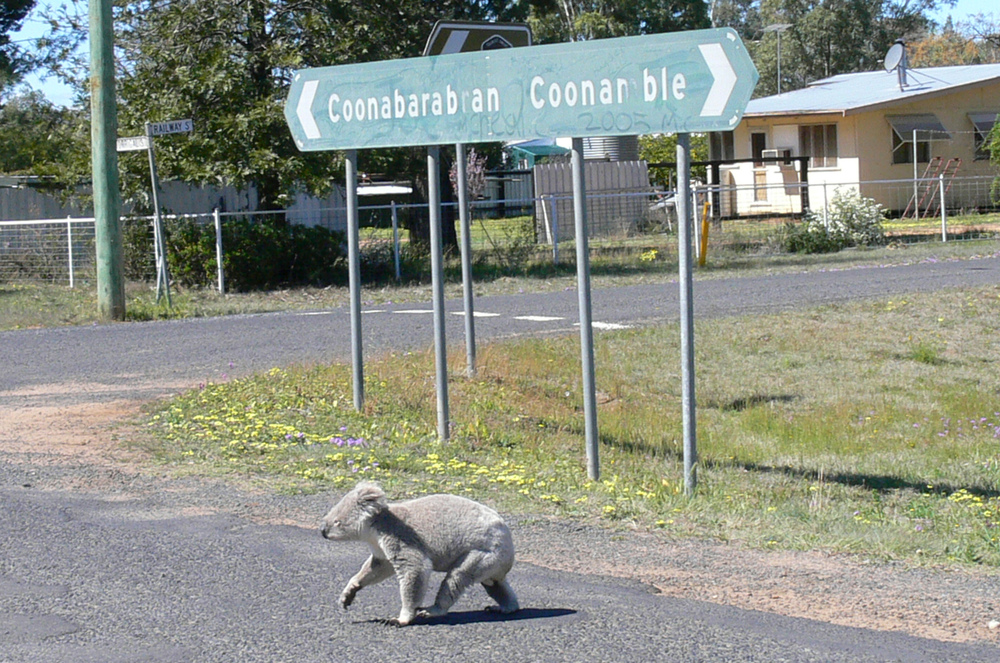
“Take a photo of the koala on your phone and include the map record. This information can then be forwarded to your nearest National Parks and Wildlife office.
“The koala population in NSW is declining; the coastal koala population is being pushed out by development and new road infrastructure, creating stress and high levels of the disease Chlamydia which stops reproduction and kills koalas. The western populations have been decimated by climate change, with extreme temperatures and severe drought resulting in stressed animals and more Chlamydia.
“The future for our iconic koala is not looking rosy, so whatever we can to help them is important.”
To obtain more information on the program or report a koala sighting go to https://sites.google.com/view/cwa-of-nsw-koala-program/home
